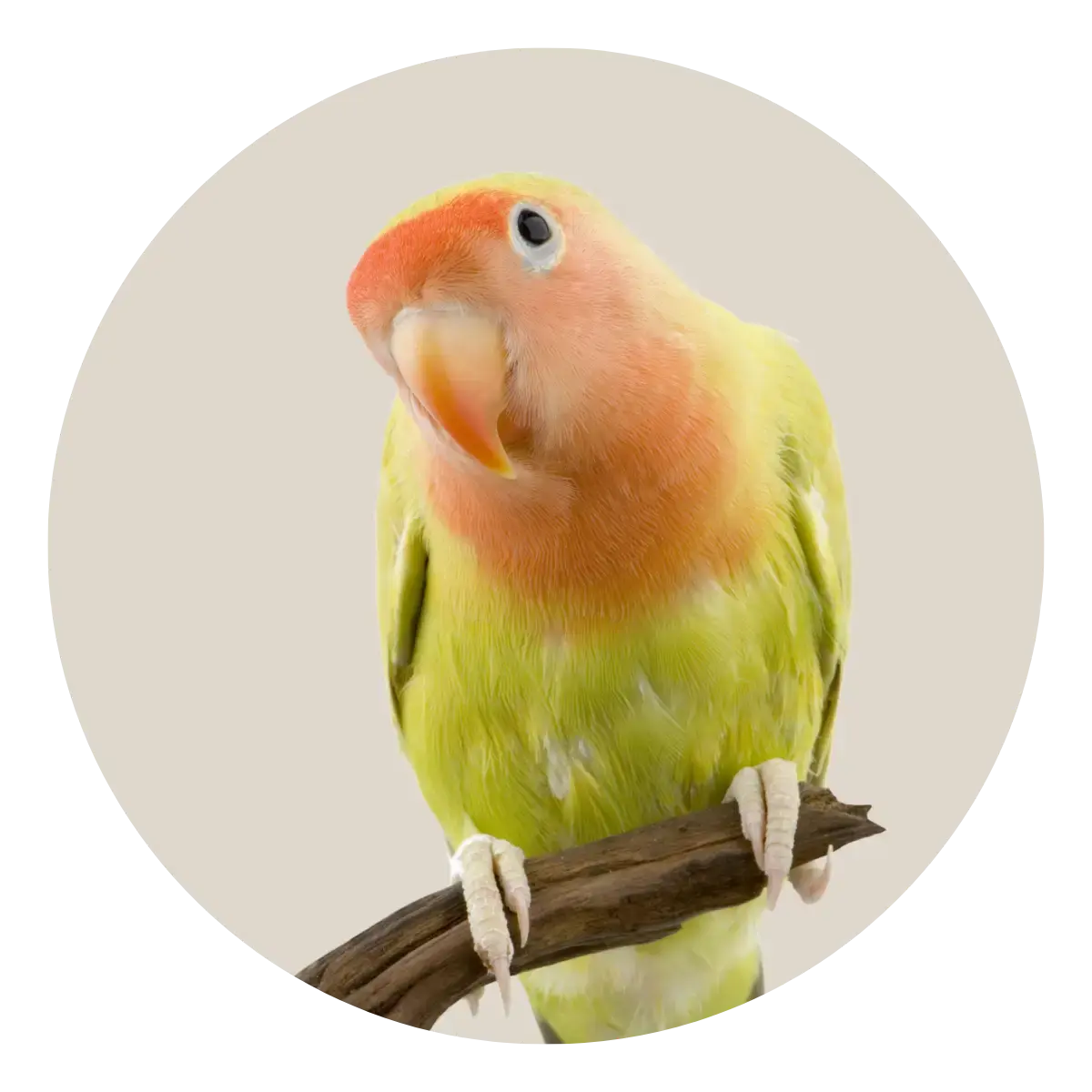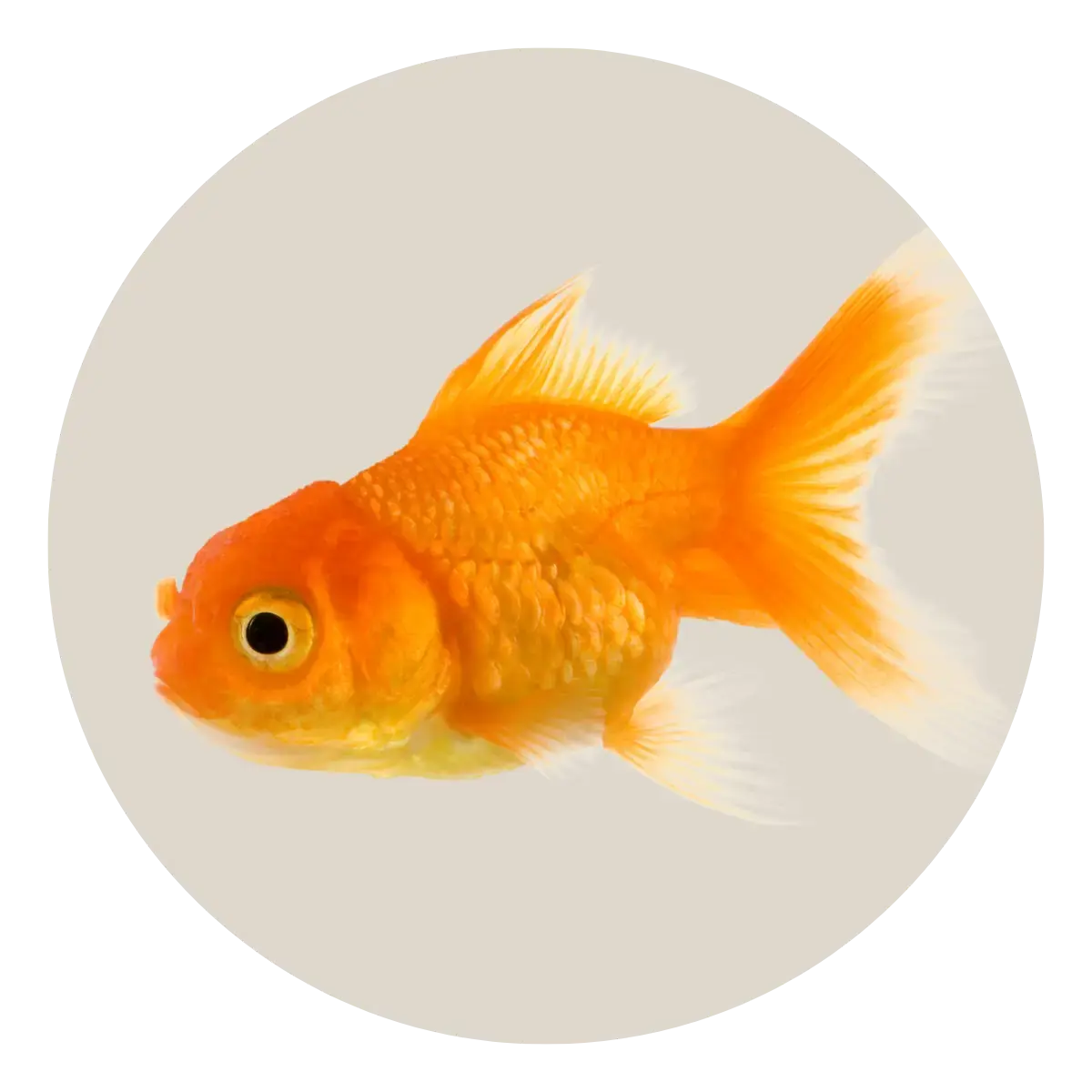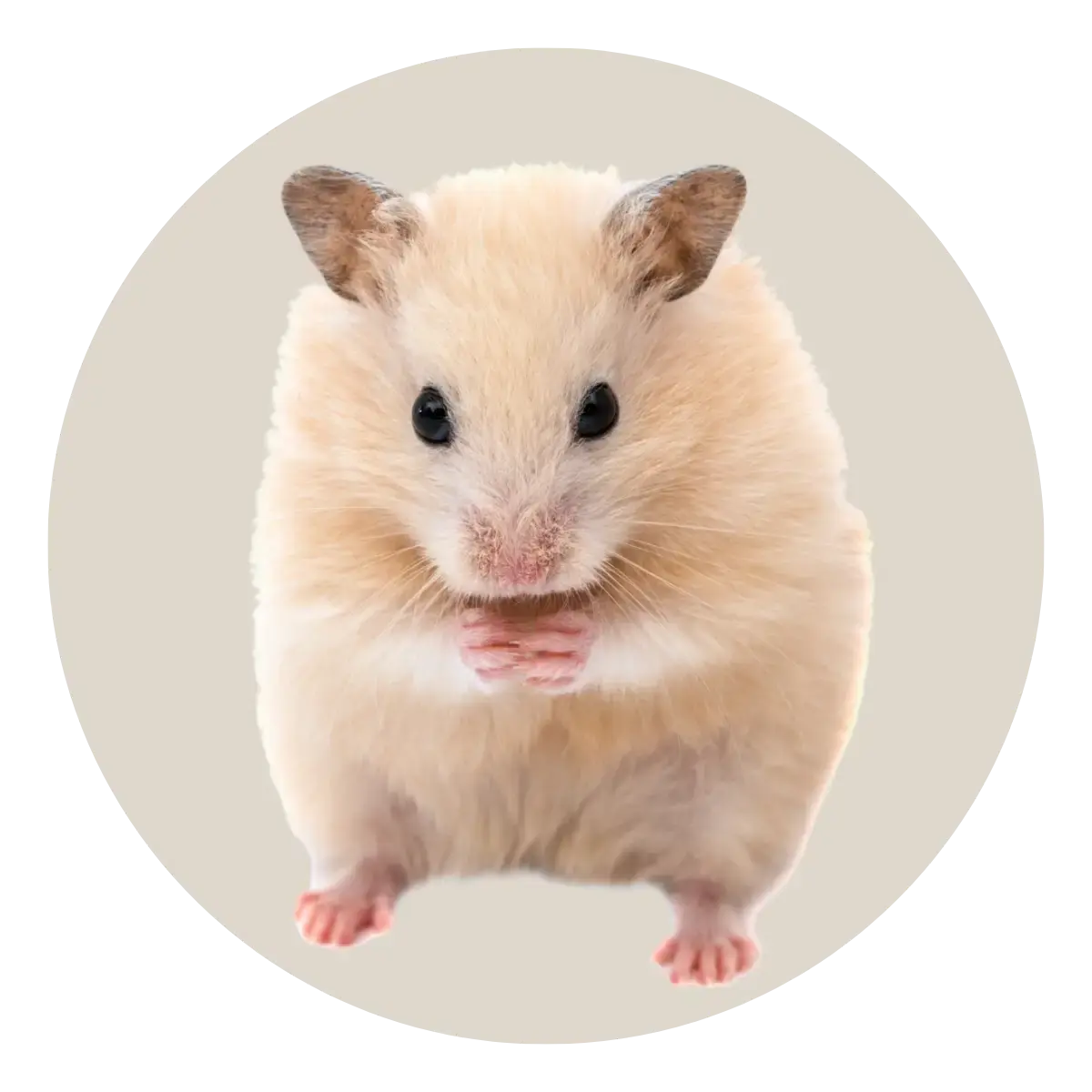The science behind our (Orijen & Acana) foods, however, rests on a body of research which concludes that dogs, Canis familiaris, share more than 99% of their DNA with the modern day Grey wolf, Canis lupus. Therefore, we believe they should be fed as such (Wayne & Ostrander 2007).
In 2013, Axelsson et al. published a genomic study showing that dogs have more genes responsible for starch digestion than the wolf. The blog claimed that this finding supports feeding dogs a diet high in starch. However, this argument is flawed. Although this study demonstrated that dogs and wolves have variations in the quantity of possessed AMY2B genes, it did not investigate if this affected gene expression or resulted in increased starch digestion. A follow-up study by the same author even states, “Although most dogs thus [sic] probably digest starch more efficiently than do [sic] wolves, AMY2B copy numbers vary widely within the dog population. It is also not clear how this variation affects the individual ability to handle starch nor how it affects dog health” (Arendt et al. 2014).
In addition, the Nutrient Requirements of Dogs and Cats study (NRC 2006) claims the modern dog has no dietary need for carbohydrates. This demonstrates that even though dogs may have the ability to metabolize starch, the benefits of a high-meat ancestral diet are far greater for peak health and function.
Carbohydrates, such as starch, are extremely digestible. Studies have demonstrated that dogs can digest up to 99% starch in various sources; however, identical research done in obligate carnivores, by the same research group, found that domestic cats can also digest starches up to 98% (Carciofi et al., 2008; de-Oliveira et al., 2008). Additional researchers have demonstrated that other wild carnivores also have the capability of digesting starch (Patton, 1975), thus proving that digestibility does not equal nutritional suitability.
Carbohydrates can help dogs meet their glucose/energy needs. However, just like a wolf, dogs are capable of creating glucose from protein (amino acids) in their diet when fed a Biologically Appropriate™ diet. This renders carbohydrates, such as starch, nutritionally unnecessary in dog food.
As carnivores, dogs and cats evolved to metabolize meat proteins and fats as their primary energy source. Eating starch-rich diets can create an imbalance of fatty acids and inadequate amounts of protein, as well as increased energy storage and retention of fat, leading to obesity (German, 2006).
Our mission at Champion Petfoods is to nourish ORIJEN and ACANA dogs as nature intended. We accomplish this by providing a diet that:
- is rich in meat inclusions;
- incorporates WholePrey™ ratios;
- is well-balanced in essential fatty acids; and
- is low in starch-rich carbohydrates.
CREDIT: Champion Petfoods
LITERATURE CITED:
1. Axelsson, E., Ratnakumar, A., Arendt, M.L., Maqbool, K., Webster, M.T., Perloski, M., Liberg, O., Arnemo, J.M., Hedhammar, Å, & Lindblad-Toh, K., 2013. The genomic signature of dog domestication reveals adaptation to a starch-rich diet. Nature, 495: 360-364.
2. Arendt, M., Fall, T., Lindblad-Toh, K. & Axelsson, E., 2014. Amylase activity is associated with AMY2B copy numbers in dog: implications for dog domestication, diet and diabetes. Animal Genetics, 45: 716-722.
3. Carciofi, A.C., Takakura, F.S., de-Oliveira, L.D., Teshima, E., Jeremias, J.T., Brunetto, M.A., & Prada, F., 2008. Effects of six carbohydrate sources on dog diet digestibility and post-prandial glucose and insulin response. Journal of Animal Physiology and Animal Nutrition, 92: 326-336.
4. De-Oliveira, L.D., Carciofi, A.C., Oliveira, M.C.C., Vasconcellos, R.S., Bazolli, R.S., Pereira G.T., & Prada, F., 2008. Effects of six carbohydrate sources on diet digestibility and post-prandial glucose and insulin response in cats. Journal of Animal Science, 86: 2237-2246.
5. German, A.J., 2006. The growing problem of obesity in dogs and cats. Journal of Nutrition, 136: 1940S-1946S.
6. National Research Council (NRC), 2006. Nutrient requirements of dogs and cats. Washington, DC: The National Academy Press.
7. Patton, R.S., 1975. Digestibility Studies in Polar Bears. Proceeding of the 51st Annual Conference of the American Association of Zoological Parks and Aquariums. Calgary. Alberta. Canada.
1. Axelsson, E., Ratnakumar, A., Arendt, M.L., Maqbool, K., Webster, M.T., Perloski, M., Liberg, O., Arnemo, J.M., Hedhammar, Å, & Lindblad-Toh, K., 2013. The genomic signature of dog domestication reveals adaptation to a starch-rich diet. Nature, 495: 360-364.
2. Arendt, M., Fall, T., Lindblad-Toh, K. & Axelsson, E., 2014. Amylase activity is associated with AMY2B copy numbers in dog: implications for dog domestication, diet and diabetes. Animal Genetics, 45: 716-722.
3. Carciofi, A.C., Takakura, F.S., de-Oliveira, L.D., Teshima, E., Jeremias, J.T., Brunetto, M.A., & Prada, F., 2008. Effects of six carbohydrate sources on dog diet digestibility and post-prandial glucose and insulin response. Journal of Animal Physiology and Animal Nutrition, 92: 326-336.
4. De-Oliveira, L.D., Carciofi, A.C., Oliveira, M.C.C., Vasconcellos, R.S., Bazolli, R.S., Pereira G.T., & Prada, F., 2008. Effects of six carbohydrate sources on diet digestibility and post-prandial glucose and insulin response in cats. Journal of Animal Science, 86: 2237-2246.
5. German, A.J., 2006. The growing problem of obesity in dogs and cats. Journal of Nutrition, 136: 1940S-1946S.
6. National Research Council (NRC), 2006. Nutrient requirements of dogs and cats. Washington, DC: The National Academy Press.
7. Patton, R.S., 1975. Digestibility Studies in Polar Bears. Proceeding of the 51st Annual Conference of the American Association of Zoological Parks and Aquariums. Calgary. Alberta. Canada.
8. Wayne, R.K., & Ostrander, E.A., 2007. Lessons learned from the dog genome. Trends in Genetics, 23: 557-567.






